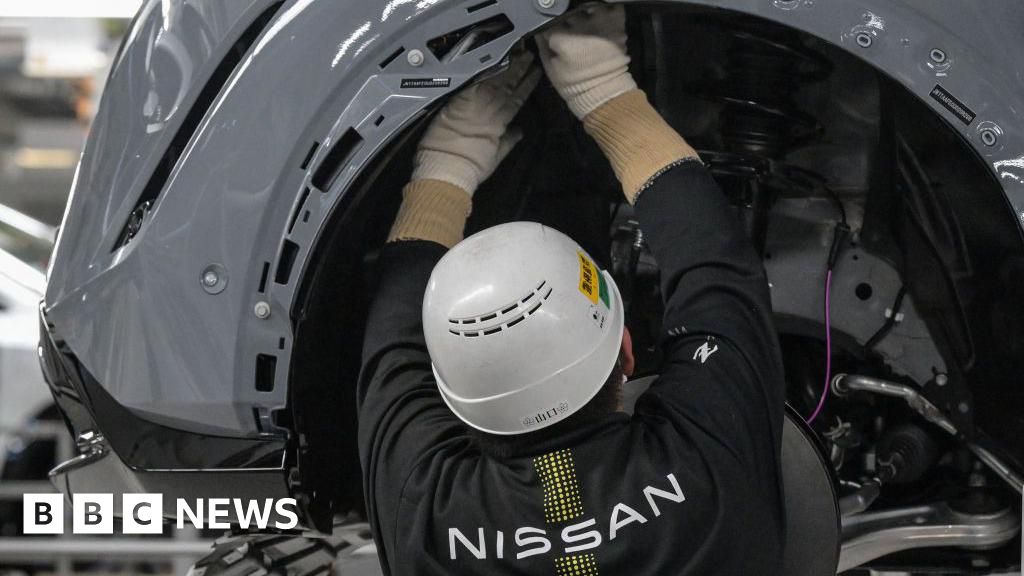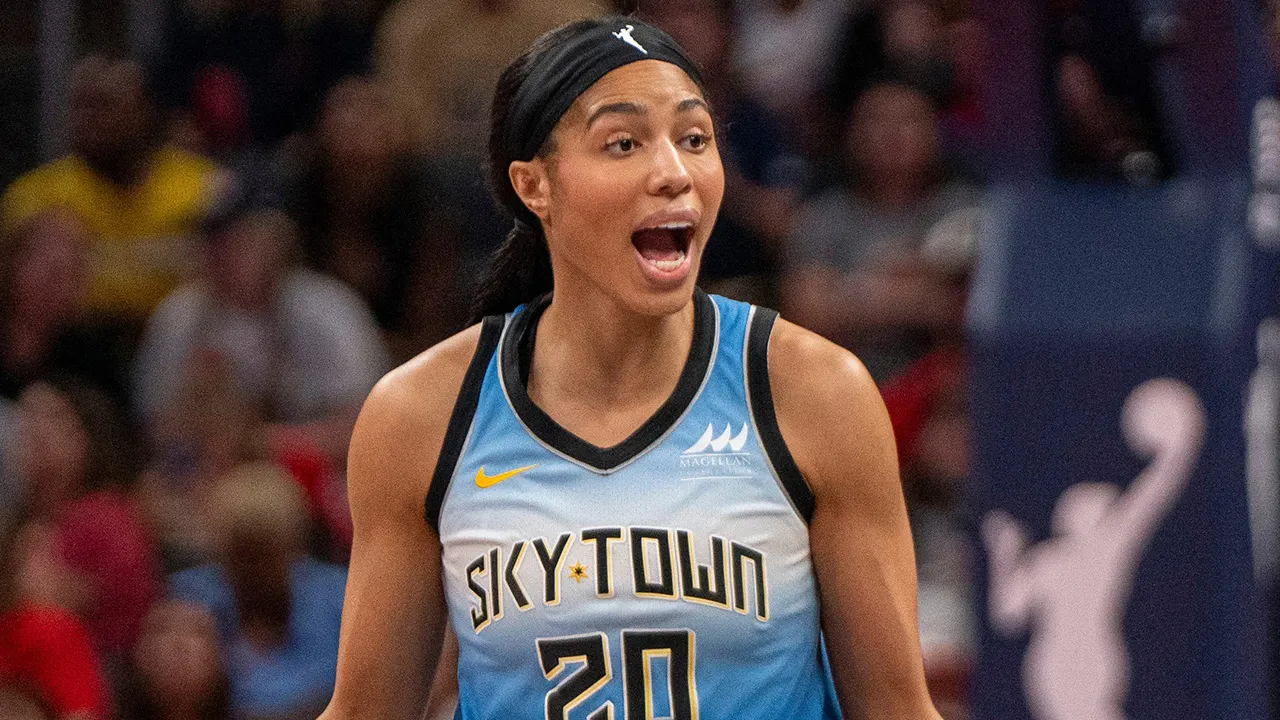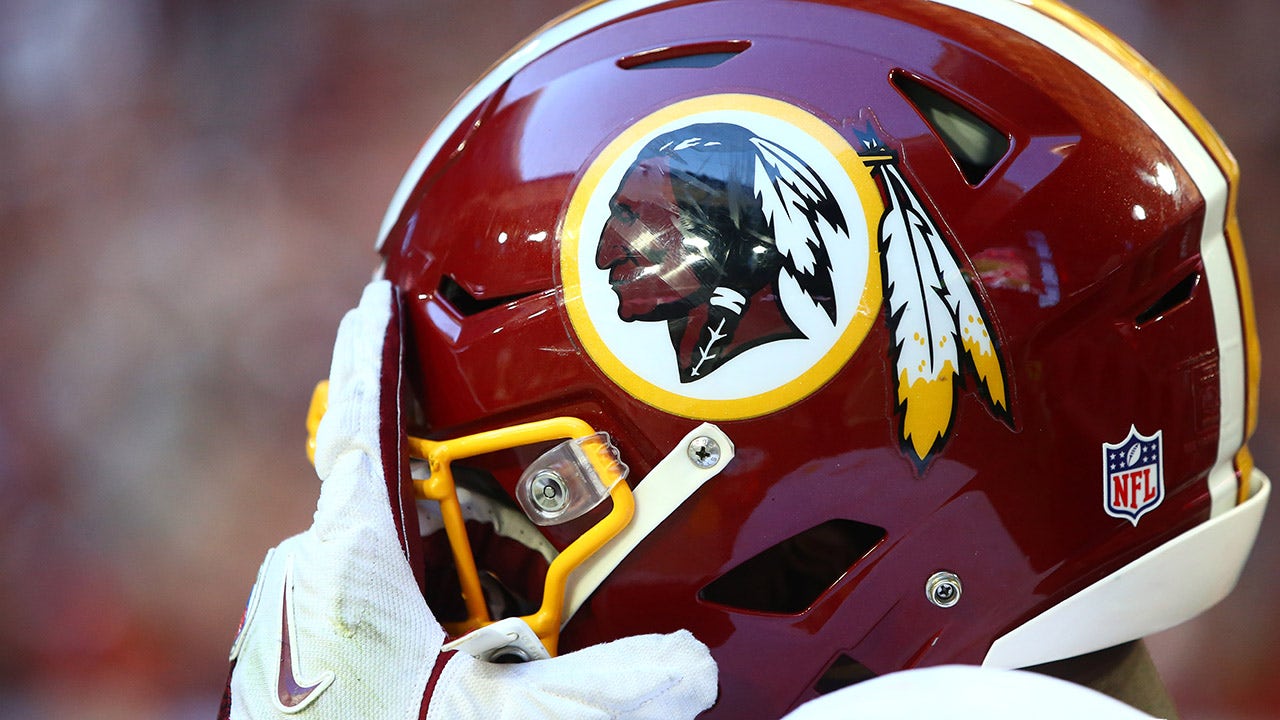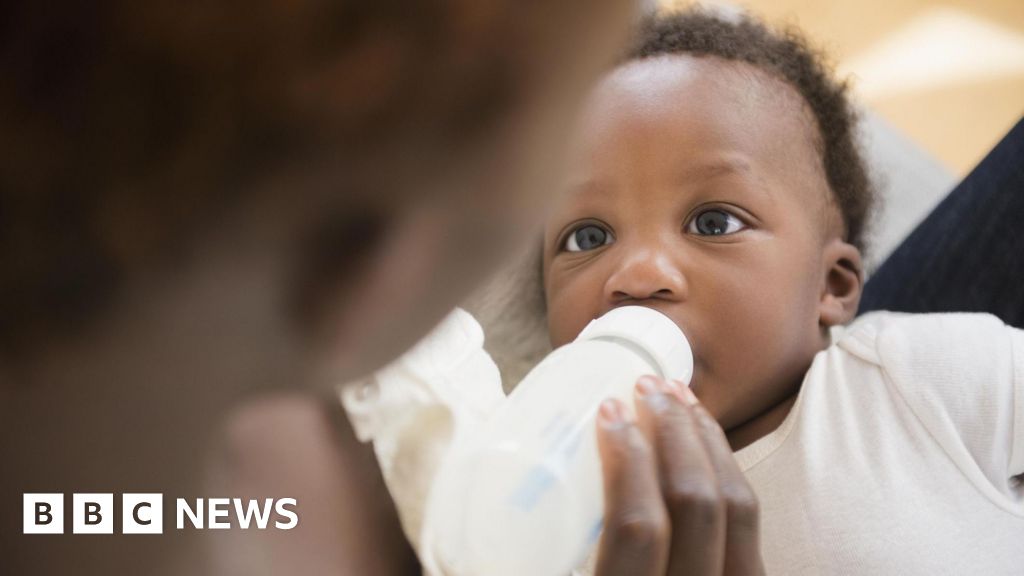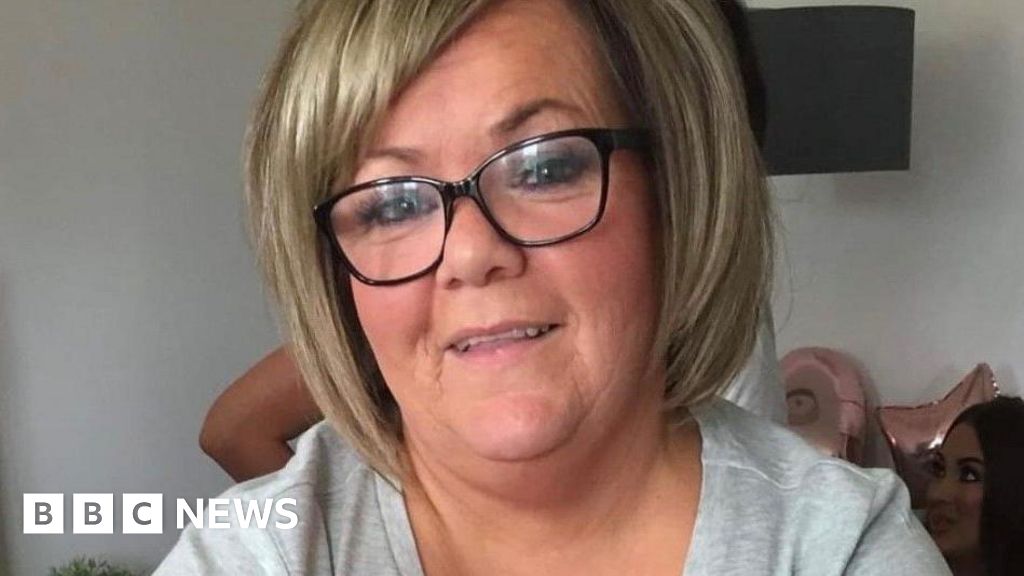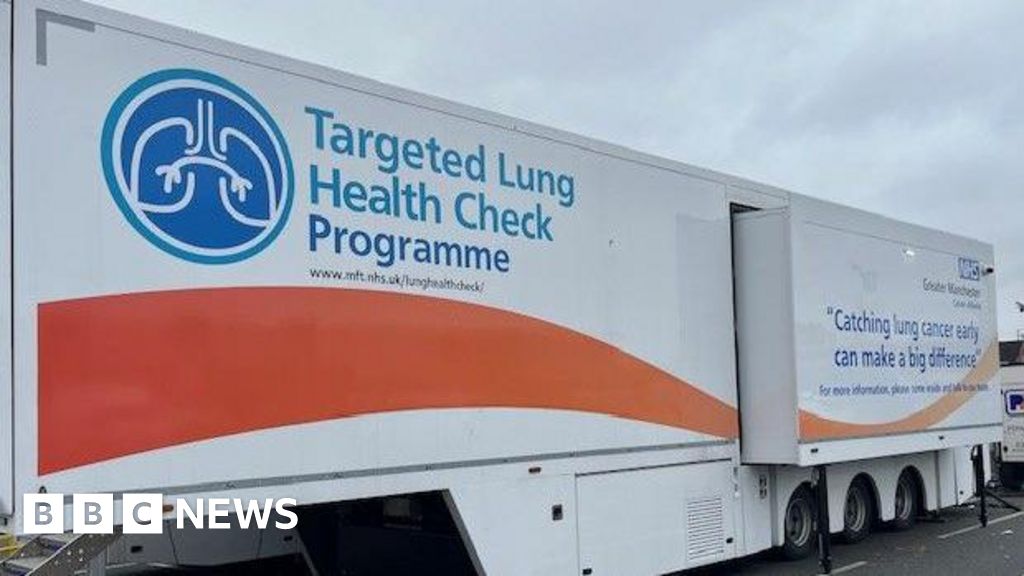Animal rights groups expressed hope that it could be a blow to cow’s milk being the default beverage option in American schools. As part of the settlement, the school district said it will support giving free soy milk to students who request it.
Williamson said she was grateful both sides were able to reach an agreement that enshrines the free speech rights of students.
“The changes ensure that other students who want to speak openly about dairy have the ability to do so,” she said. “I’m also excited that these permanent changes will create an improved system that focuses on what is better for both student health and student voices.”
At issue for Williamson was her school’s policy against providing plant-based alternatives to milk at lunch without a doctor’s note. She had requested an alternative, but not on the basis of a medical disability. Rather, she was taking an ethical stance on the use of animal dairy.
She chose to protest this decision by distributing literature sharing her views promoting nondairy milk at her high school. But she was told by administrators that it wasn’t allowed unless she also extolled the virtues of cow’s dairy.
“By compelling Marielle to simultaneously distribute the dairy misinformation that she seeks to refute, District Defendants have violated Marielle’s free speech rights,” her lawyers argued in the suit filed in May. “More than that, [the defendants] have laid bare the extent to which [USDA] treats dairy as sacrosanct, both as a matter of law and policy.”
In the settlement notice, the district acknowledged that setting up tables and displays to express students’ personal views during noninstructional time is protected free speech, and that even criticism of dairy is protected by First Amendment laws.
“Los Angeles Unified takes pride in empowering students to amplify their voice on issues they find important,” Shannon Haber, a Los Angeles Unified spokeswoman, said in a statement about the settlement. “Our Food Services Program follows USDA guidelines and we continue to support our students with nutritious meals and healthy alternatives for those who have specific dietary requests and requirements.”
Williamson said she is hopeful that the settlement with the school district is predictive of a similar positive outcome with the USDA, which was also named in the lawsuit.
USDA declined to comment on the settlement but said it “remains committed to ensuring that its child nutrition programs, including school meals, are powerful tools to ensure that children, regardless of race, ethnicity or background, have access to nutritious and affordable food.”
By law, “fluid milk,” or cow’s milk, must be offered at every school lunch and breakfast served under the National School Lunch Program and the School Breakfast Program.
Federal law says that any school participating in USDA’s school lunch program “shall not directly or indirectly restrict the sale or marketing of fluid milk products by the school (or by a person approved by the school) at any time or any place.” The USDA interprets that language to mean that cafeteria displays, printed material and layout may not promote beverages other than dairy milk in a way that may detract from dairy milk sales. Even water may not be offered on the lunch line in a way that might interfere with a student taking milk.
Critics have decried USDA guidelines requiring milk to be served with public school lunches, in part because so many Americans are lactose intolerant or sensitive. Because many people don’t seek a medical diagnosis for these symptoms, compulsory dairy in school meals could be seen as punitive or culturally insensitive, critics say.
In 2018, the American Medical Association passed a resolution encouraging the USDA to “recognize that lactose intolerance is a common and normal condition among many Americans, especially African Americans, Asian Americans, and Native Americans,” and called for legislation to modify the National School Lunch Act to eliminate the need for a doctor’s note for a child to receive cow’s milk alternatives in school.
Approximately 75 percent of the LAUSD student population is Latino/Hispanic.
The USDA reimburses schools for every meal served, and cow’s milk is included. Lactose-free and nondairy options are sometimes offered, but typically are more expensive and an added cost that comes out of schools’ budgets. As part of the settlement, the Physicians Committee for Responsible Medicine agreed to make a donation to subsidize the price of soy milk, which is pricier than cow’s milk.









